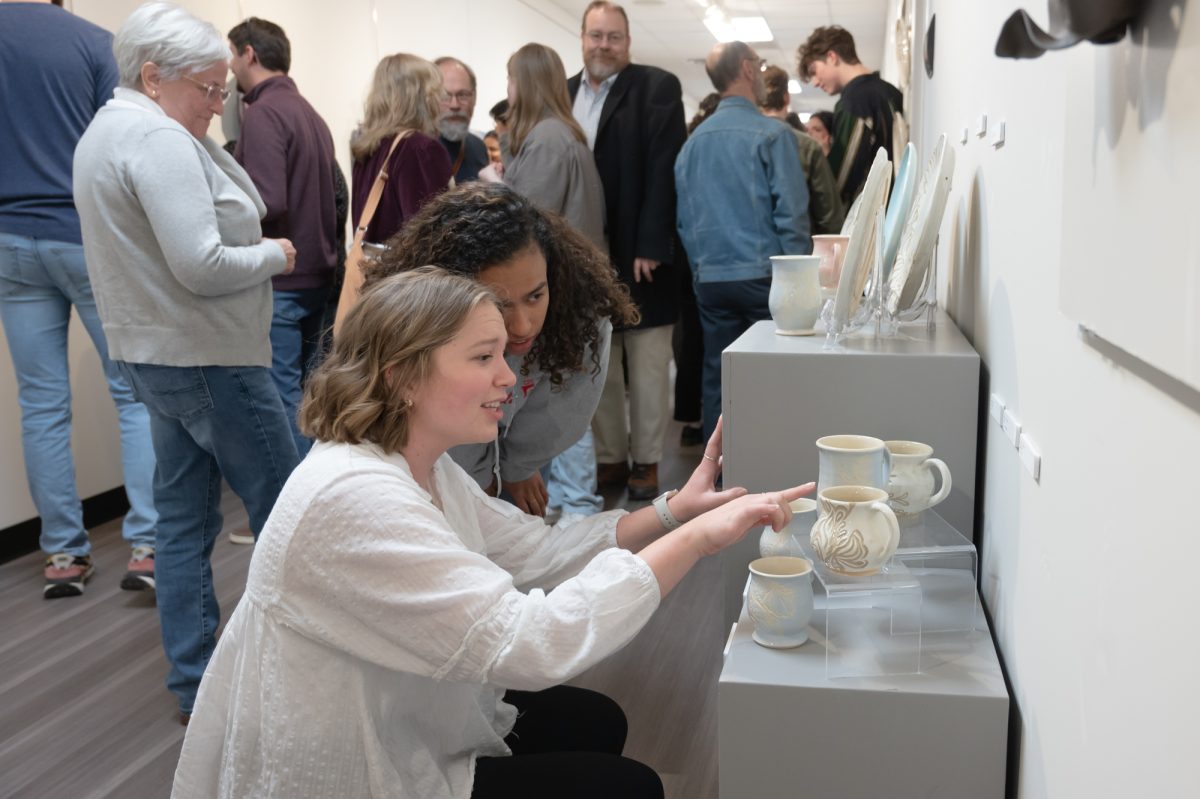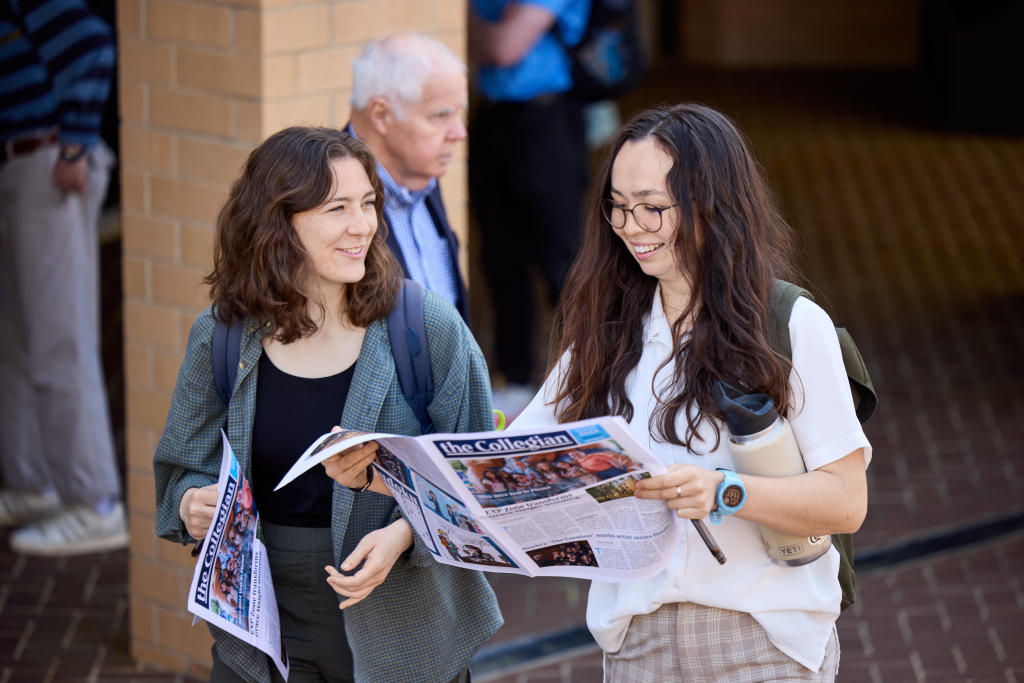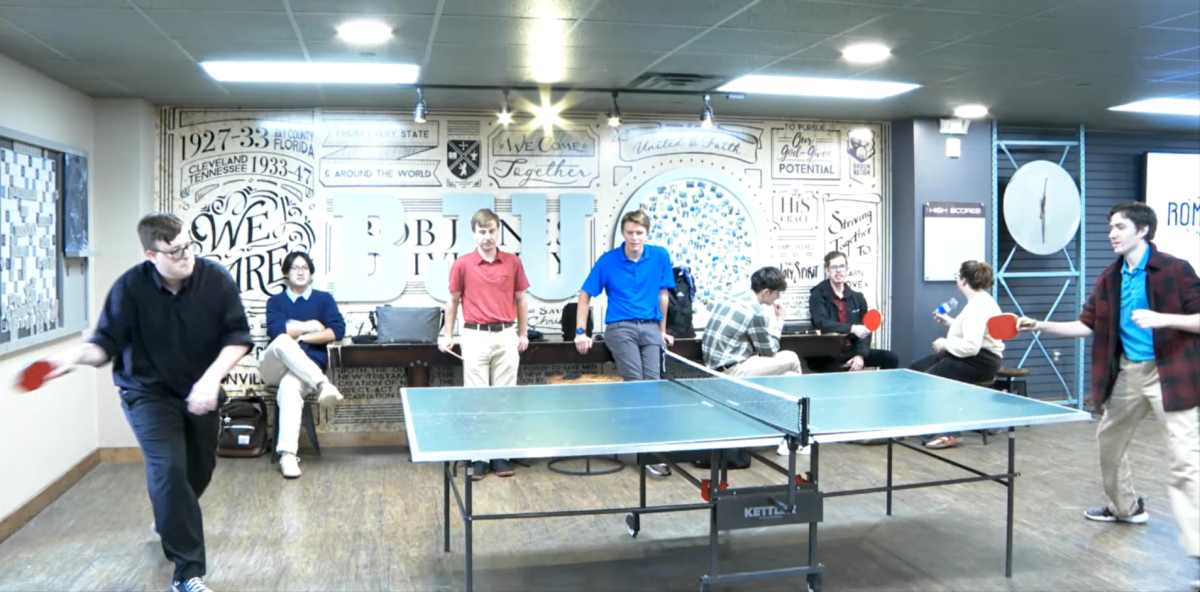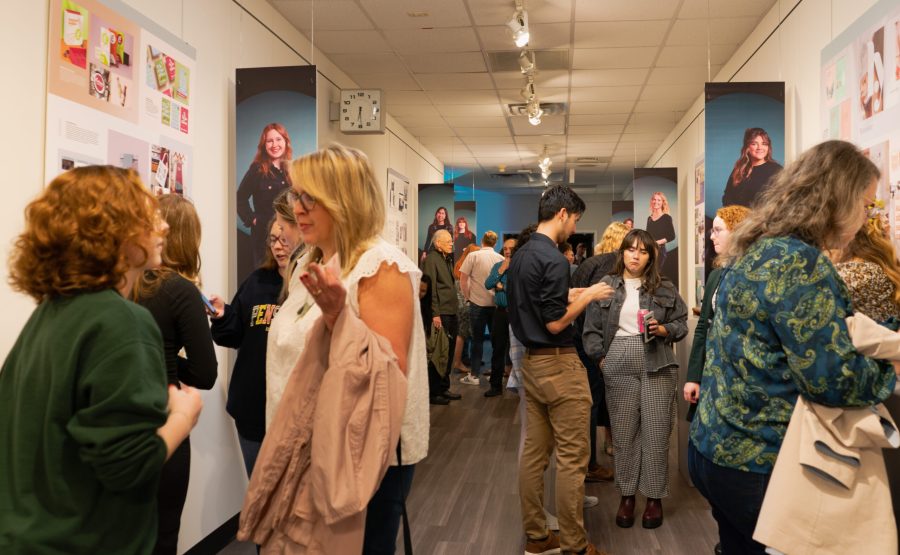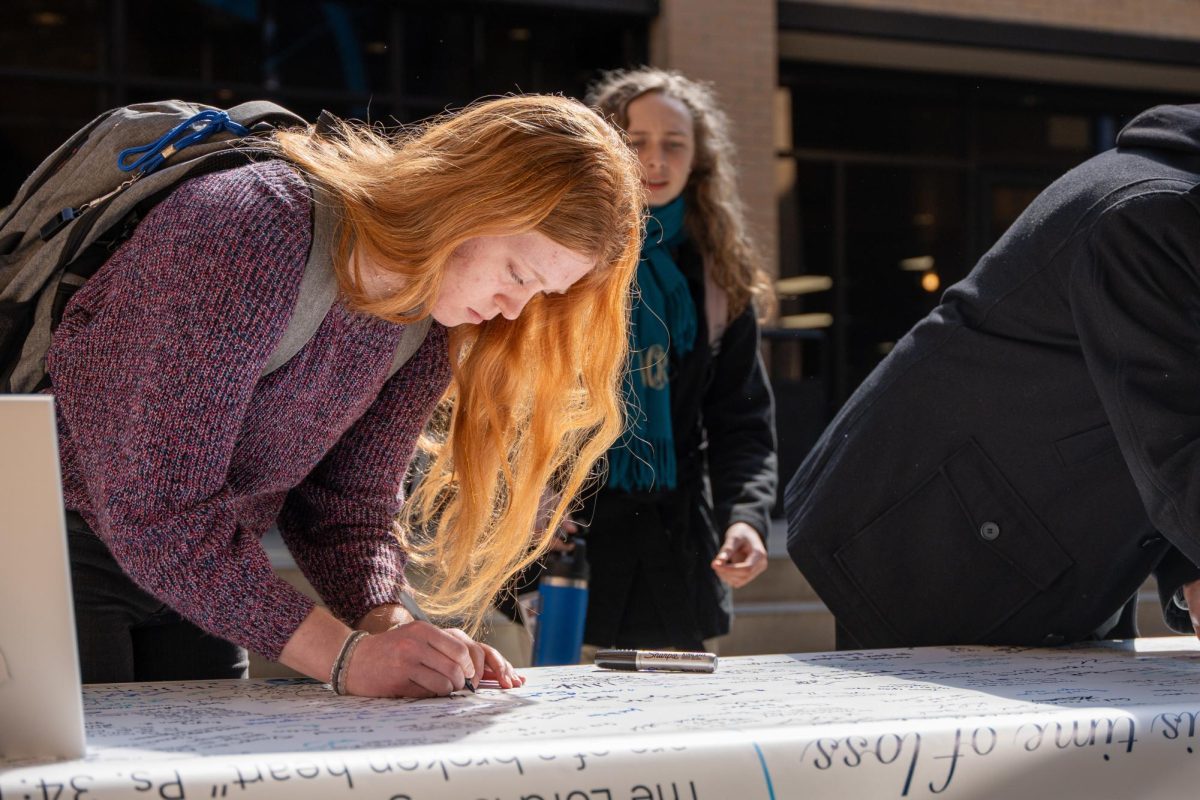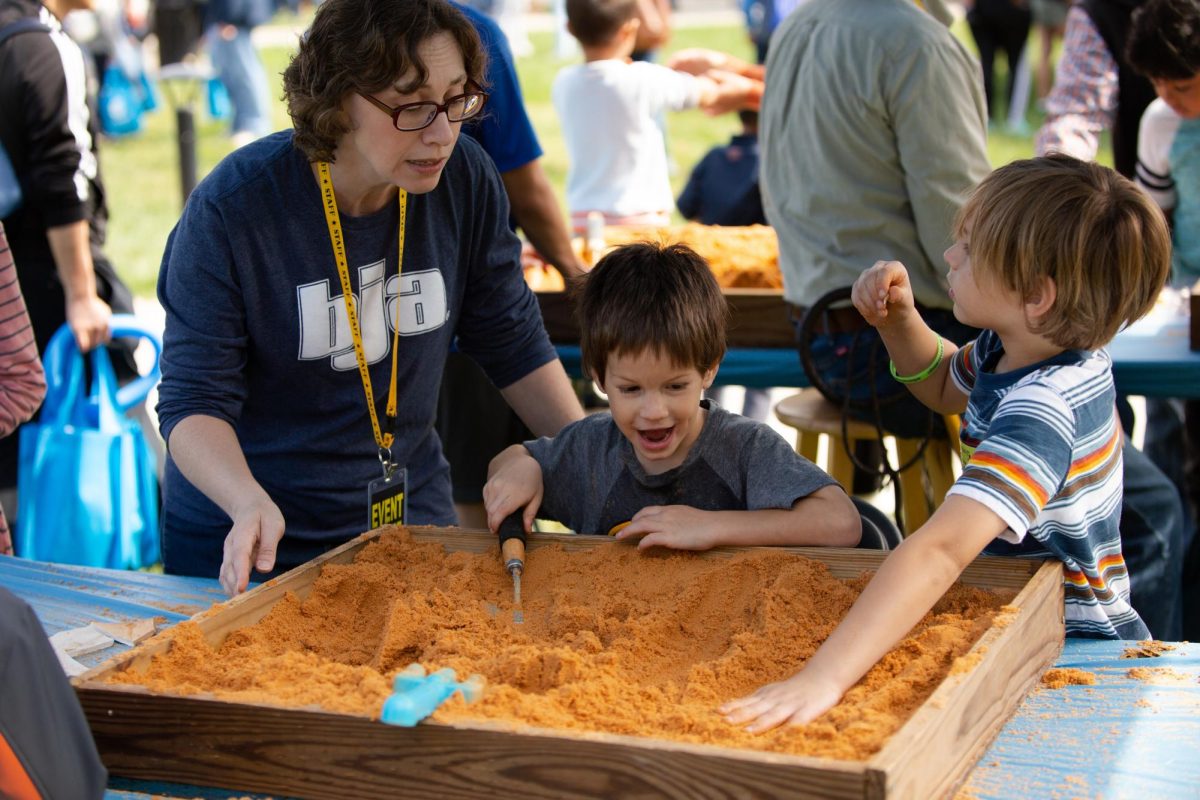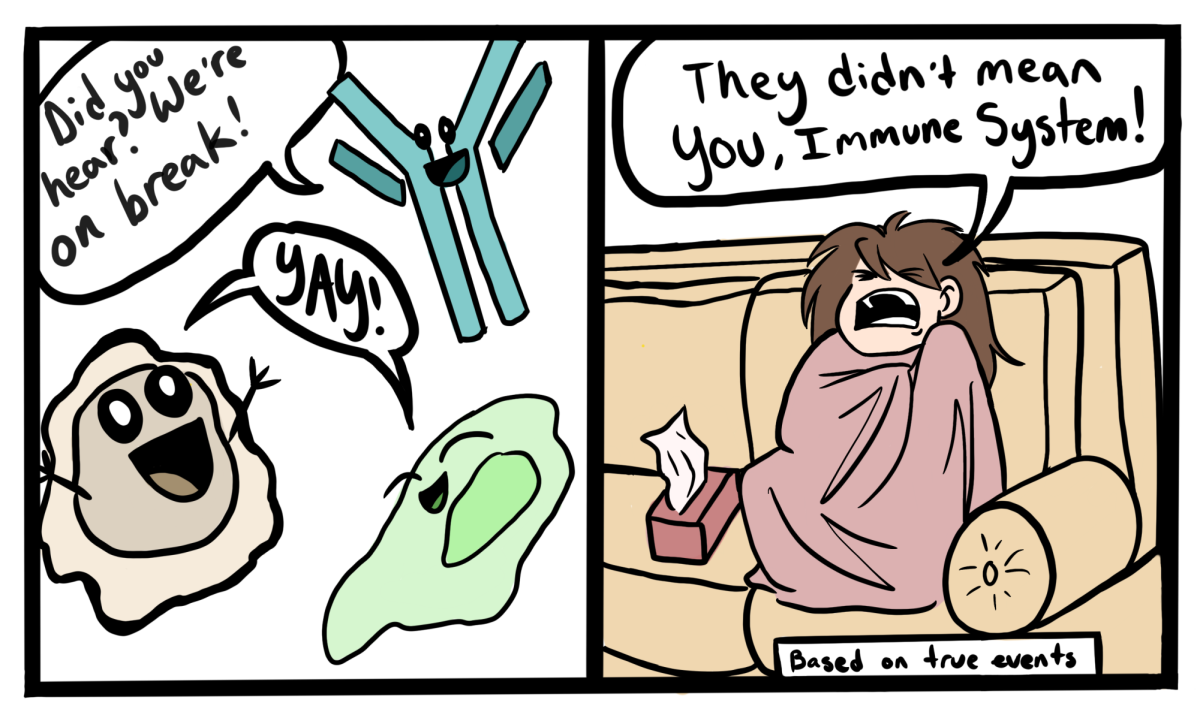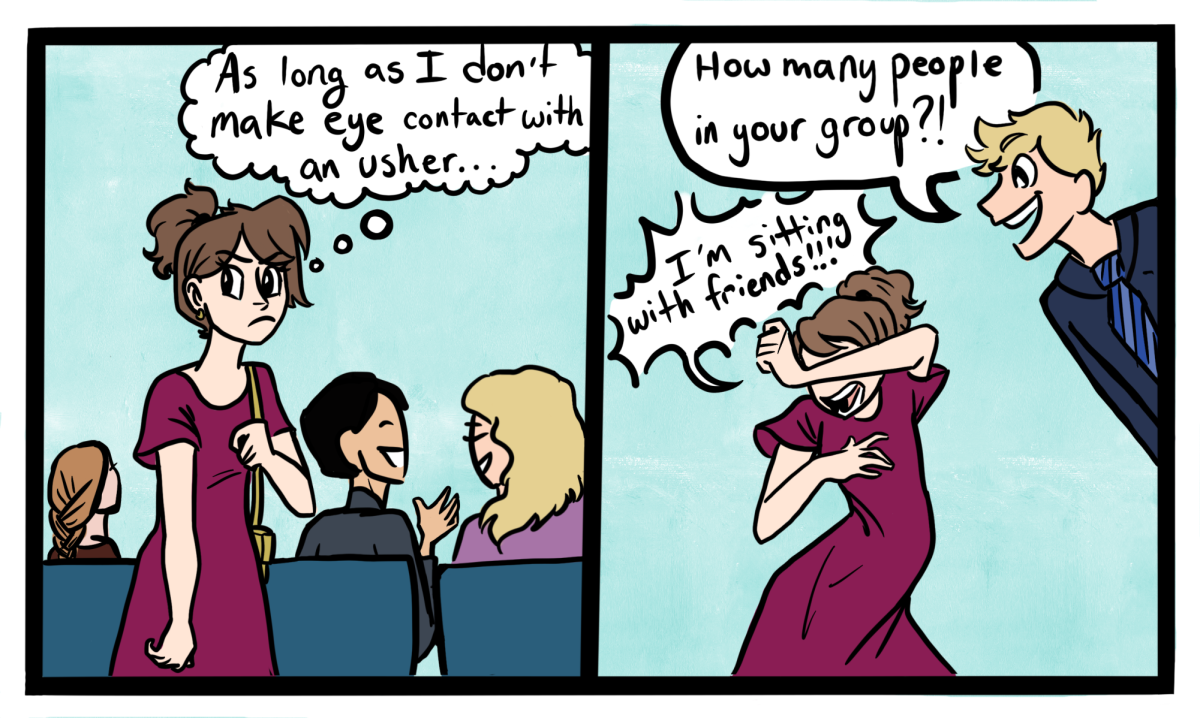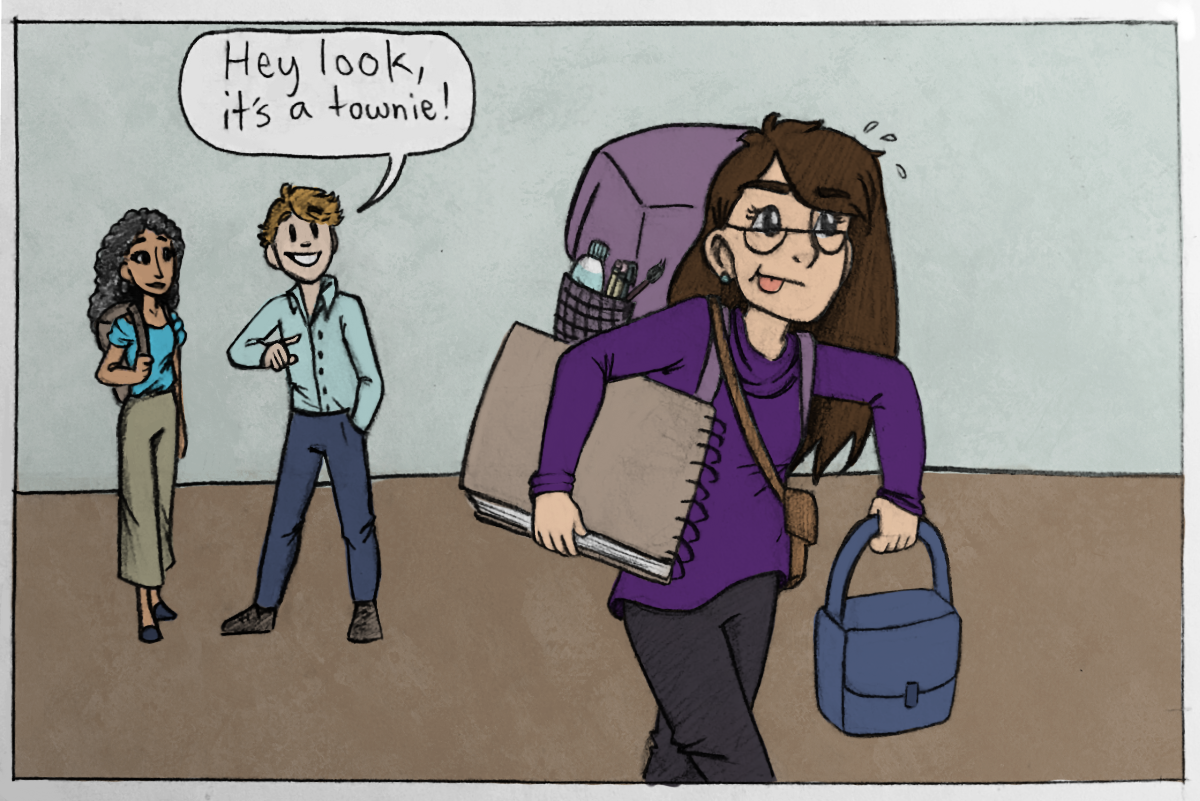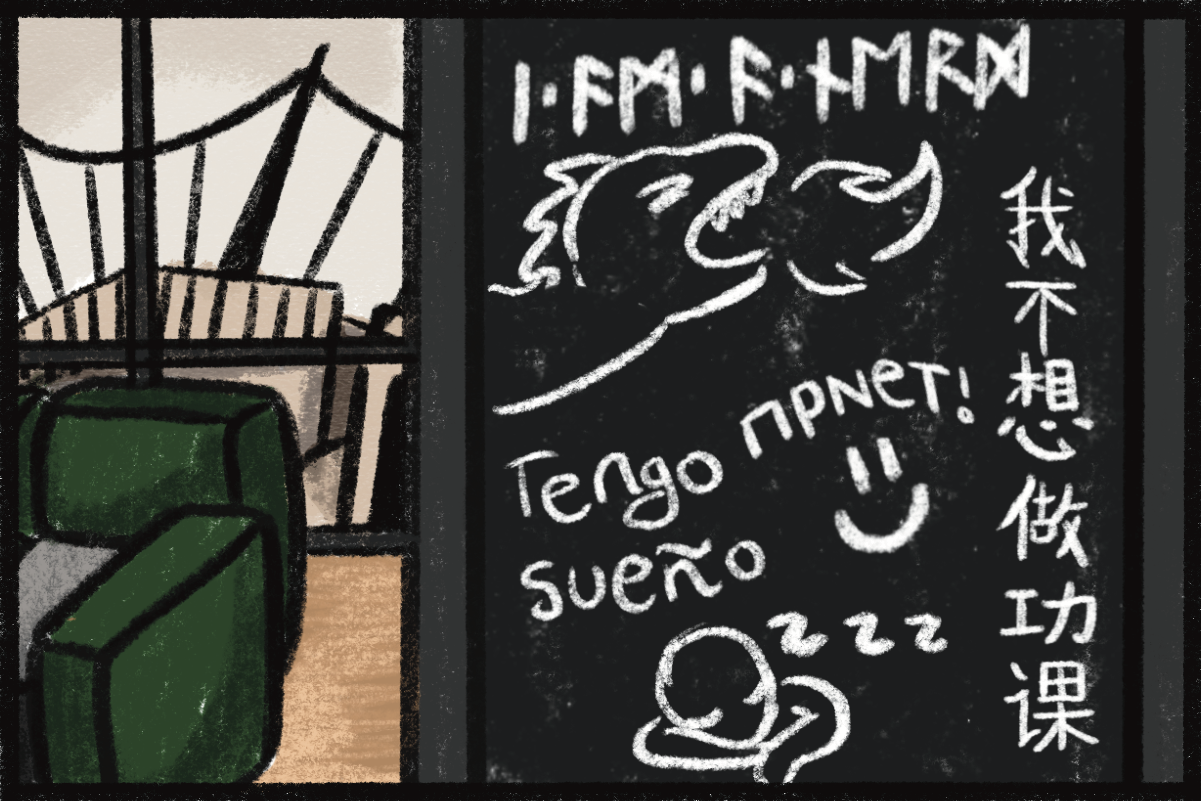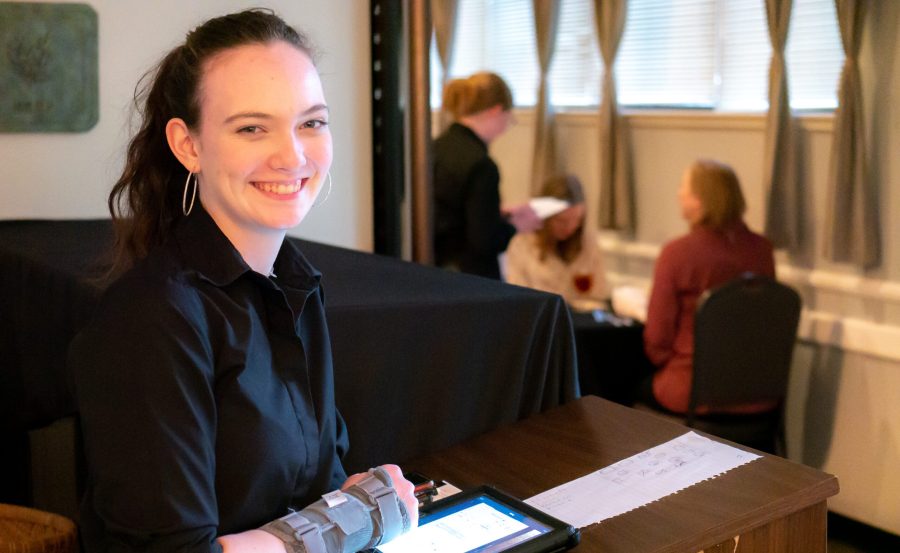 Imagination is one of the most magical faculties of the human mind. You can create worlds out of thin air, predict future events based on past experience or compose songs and stories—all inside your head.
Imagination is one of the most magical faculties of the human mind. You can create worlds out of thin air, predict future events based on past experience or compose songs and stories—all inside your head.
When I was a kid—and I know I’m not the only one—I had a very active imagination. I miss the time when the woods behind my house were Sherwood Forest one day and the wilds of the American frontier the next. Now they’re just a bunch of trees that drop leaves I have to clear off the lawn every Thanksgiving break.
Of course, a vivid imagination can also get you into trouble. Imagining oneself as a dinosaur does not complete the transformation, as I discovered in the emergency room when I was little. (I tripped over my “costume” and fell face-first into a mirror.) All the imagination in the world cannot turn your dad’s new lawnmower into an ATV, as I learned the hard way (don’t ask).
It’s important to keep a balanced view of reality and imagination. Confusing the two or losing all sense of reality can be disastrous, unless you want to ride across the countryside charging windmills as a knight-errant with Don Quixote or crash Sunday school picnics looking for gold and jewels with Tom Sawyer.
But you can use imagination as a valuable, powerful tool in any field of study. As Timothy Williamson, professor of logic at Oxford University, points out, “Unimaginative scientists don’t produce radically new ideas.” Williamson says imagination even has survival value in allowing people to predict consequences of chains of events and prepare accordingly.
Martha Nussbaum, professor of law and ethics at the University of Chicago, says in her argument for the importance of liberal arts studies that we need imagination to help understand perspectives of people with different backgrounds and experiences and learn to work effectively with them, especially in today’s global society.
And everyone has some imagination, no matter how latent. If you think you have no imagination, you’re probably just not exercising it enough!
As French psychologist Théodule Ribot says, “The overwhelming majority of inventions were created by unknown inventors; only a few names of great inventors are extant. The imagination forever remains true to its nature, whether it manifests itself individually or collectively. No one knows how many acts of imagination it took to transform the plow.”
A Russian scholar has compared the imaginative powers of scientists and artists to an “average” person as the difference of the amount of electricity in a thunderstorm and a flashlight.
Both involve electricity, just different amounts. You have an imagination. You need only cultivate it, but how?
Look at the world with a sense of wonder. Ask yourself questions and run with them.
What if BJU were actually a tiny lab experiment by a Brobdingnagian biologist? What if Lecture A really was an igloo? What would it be like if this were my first time in America like my roommate?
Imagination also has its everyday uses; it’s not just the source of magnum opuses. It can help you relieve stress through escapism. Fifteen minutes down the rabbit hole can restore calm at the end of a hard day’s study. Just don’t get carried away and immerse yourself in a fantasy too comfy to leave.
Imagination can also fuel the creative process of writing a paper or even be crucial in helping you understand a friend’s perspective when he or she really needs your help.
As we’ve grown older, childhood wonderlands have succumbed to the mundane realities of being grown up. The “people” who populated our playtime as kids are only the ghosts of shadows now, but imagination still has a valuable place in our lives. Don’t give up your imagination; creativity still awaits you.

